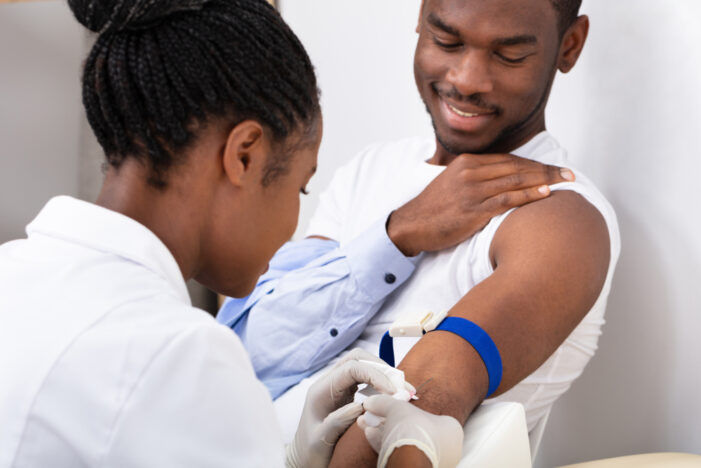For World Blood Donor Day on June 14, the Pan American Health Organization (PAHO/WHO) released new data showing significant progress in voluntary blood donation throughout Latin America and the Caribbean, while highlighting ongoing challenges in achieving 100% voluntary donations.
The preliminary report, Access to Blood for Transfusion in Latin American and Caribbean Countries 2023, reveals that 23 countries collected 9,212,861 units of blood last year—a 15.5% increase compared to 7,776,198 units collected in 2020. Nearly 80% of these countries reported notable gains, attributed to post-pandemic recovery efforts and new awareness campaigns.
The region averages 16 donations per 1,000 inhabitants, but disparities remain: 13 countries fall below this average, while 10 exceed it. Brazil, Mexico, Colombia, and Argentina contribute 75% of the total donations.
The report also highlights safety improvements: all donated units were screened for transfusion-transmissible infections, and 90% were fractionated into components like red blood cells and plasma to optimize clinical use.
Despite gains, blood systems face structural challenges, including fragmentation: over 1,900 collection sites and 1,400 processing centers operate independently, limiting efficiency. Only four countries process over 10,000 units annually, with Paraguay leading at 20,706 units.
Blood transfusions remain critical for treating postpartum hemorrhage, childhood anemia, disaster injuries, and complex surgeries. PAHO urges governments to invest in national blood systems, promote voluntary donation, and strengthen oversight to ensure safe and equitable access.

